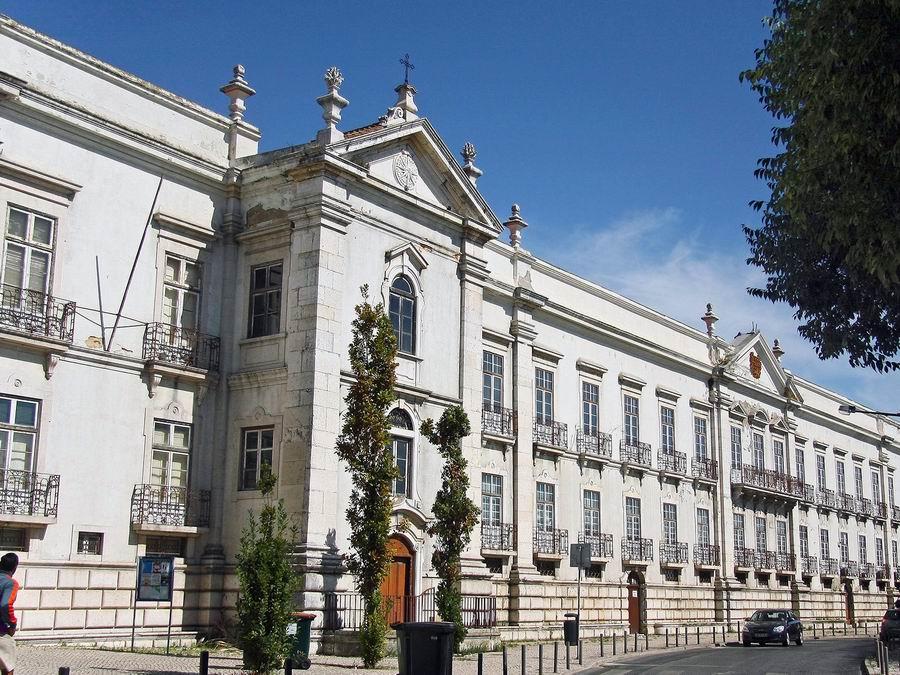With its focus on the cultural and historical significance of azulejo, the traditional tilework of Portugal and the former Portuguese Empire, as well as other Iberophone cultures, this museum stands as a testament to the rich artistic heritage of the region.
Situated within the captivating confines of the former Madre de Deus Convent, the Museu Nacional do Azulejo boasts an extensive collection that is truly awe-inspiring. In fact, its collection of ceramics is considered one of the largest in the entire world, showcasing the remarkable craftsmanship and artistic prowess of tilework throughout history.
Visitors to the museum are treated to a captivating journey through time, exploring the intricate details and stories behind these stunning tiles. From the early origins of azulejo in the Iberian Peninsula to its flourishing presence in Portugal and its colonial territories, the museum offers a comprehensive exploration of this unique art form.
As you wander through the museum’s halls, you’ll be immersed in the vibrant colors, intricate patterns, and fascinating narratives depicted on each tile. The exhibits not only showcase the remarkable technical skill of the artists but also shed light on the historical, cultural, and social significance of azulejo in Portuguese and Iberophone cultures.
The Museu Nacional do Azulejo is not only a testament to the beauty and artistry of tilework, but it also serves as a symbol of Lisbon‘s rich cultural history.


